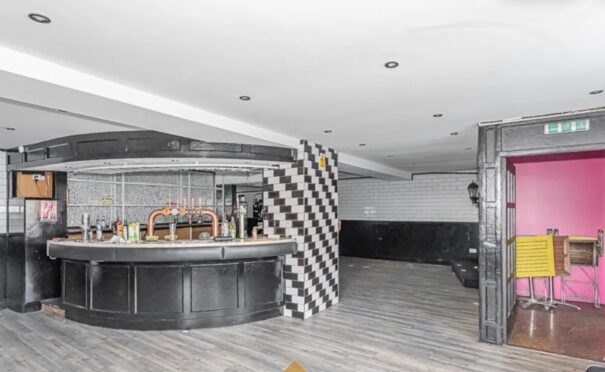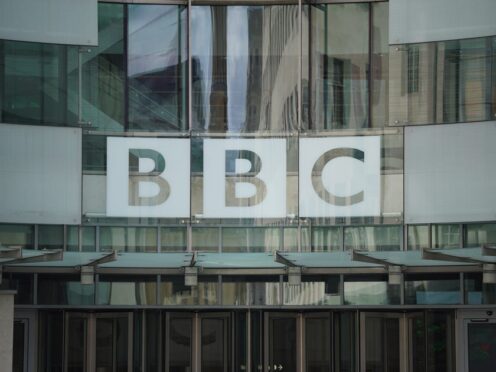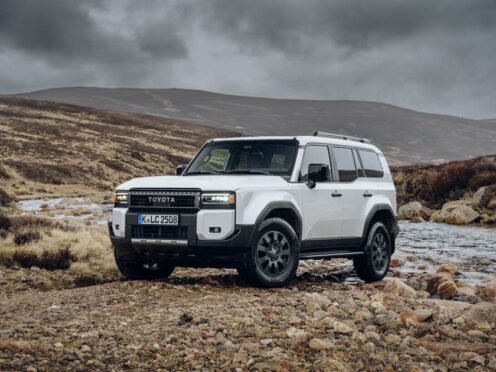The “Coffice” economy (that’s coffee shop-office) is booming and four out of five Scots are part of it
We each spend an average of £2,160 a year working from coffee shops – but we close business deals worth £14.5 BILLION to the UK economy
New research reveals the value and work that is added to the British economy from people working out of coffee shops and the coining of a new term – the “Coffice”. The size of the “Coffice” economy is extensive, as four out of five Brits have worked from a coffee shop and do so regularly.
The research, conducted by discount voucher website MyVoucherCodes, discovered that 81% of us spend roughly three and a half hours working from a coffee shop every week and it’s not just startups or self-employed workers doing so.
Findings from the research included:
- Business deals closed in a coffee shop represents an estimated £14.5 billion for the economy
- One third of Brits have closed a business deal in a “coffice”
- 56% of respondents work from a coffee shop on a weekly basis
- On average, we spend up to £10 on food/drink each working session
- Whilst 43% of us are concerned with the lack of privacy in a coffee shop, 1 in 3 people have attended a job interview there
- 67% of respondents said their place of work supported the idea of working from a “coffice”, perhaps proving that companies are more forward-thinking than ever before
- The average working session in a coffee shop lasts for 93 minutes
Contrary to what might be a common assumption that the self-employed may be more partial to working in a coffee shop, three in four employees in large-sized businesses (250+ employees) often decide to shun the office for the coffee shop – with the approval of their bosses no less.
These bosses may be increasingly aware of the added monetary value that working from a “coffice” brings. The data shows that coffee shop workers have great success in closing business deals, valued at an average of £1,732 each, representing an estimated £14.53 billion contribution to the UK economy.
The “coffice”, however, does come with its own costs. When considering travel and food/drink expenses, the average Brit spends over £2,160 a year working from a coffee shop, 8% of their salary, and this climbs to nearly £2,600 for the self-employed worker. Suddenly the Wi-Fi isn’t so free.
If buying a hot drink is a form of “coffice” rent, then what is the coff-preneur’s drink of choice? In a thoroughly un-British turn of events, only 8% of us choose a cup of tea to power our work. In fact, it is the Italian cappuccino that fires British business (26%), closely followed by a latte (21%).
Chris Reilly, Managing Director at MyVoucherCodes comments: “This new research shows the rise of the “coffice” as a place for Brits to work and cut business deals.
With 13% of us working out of a coffee shop every day and the UK coffee shop market experiencing strong growth that is forecast to continue, the “coffice” trend is also set to maintain popularity for a while yet.










